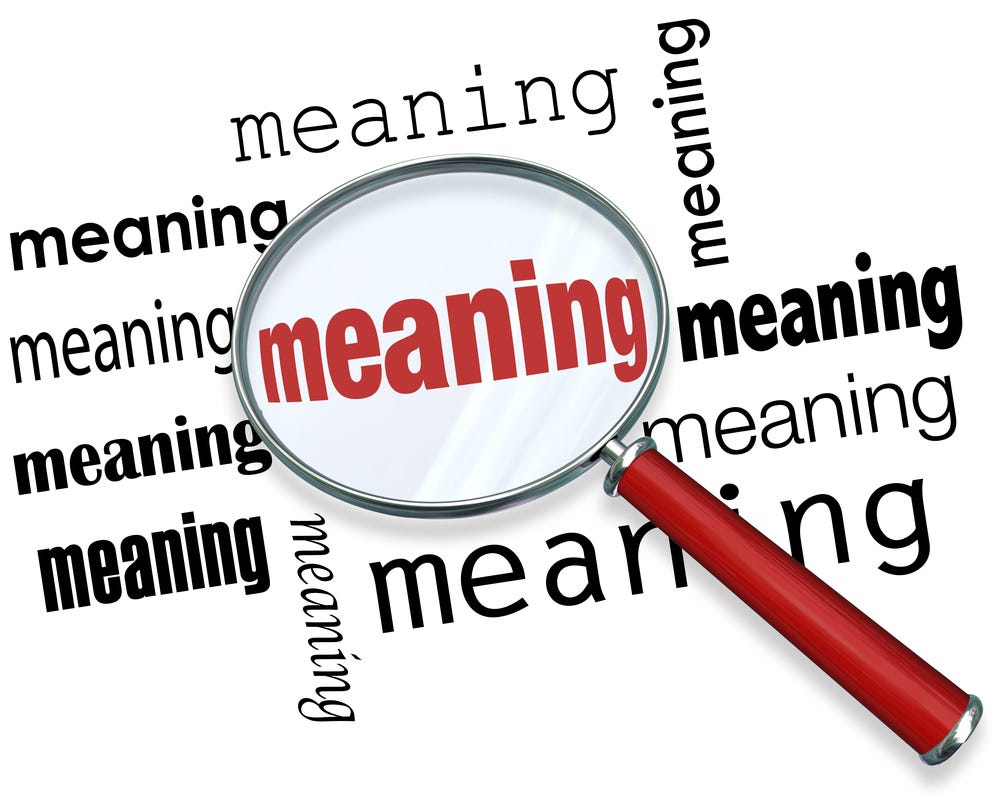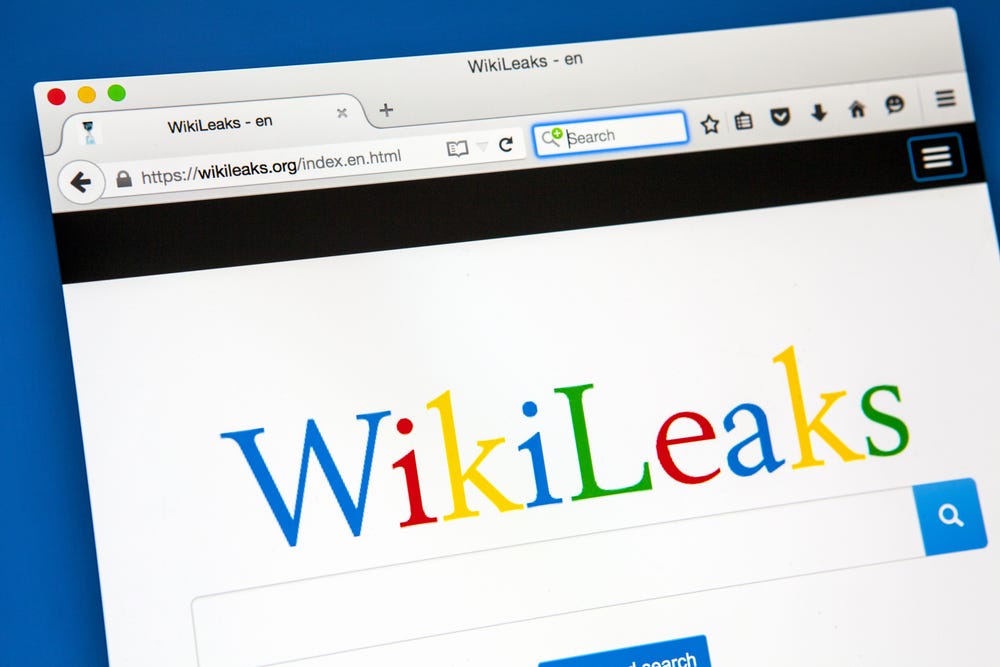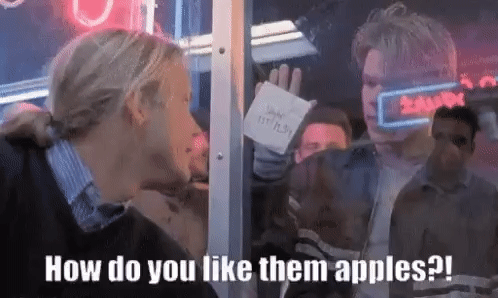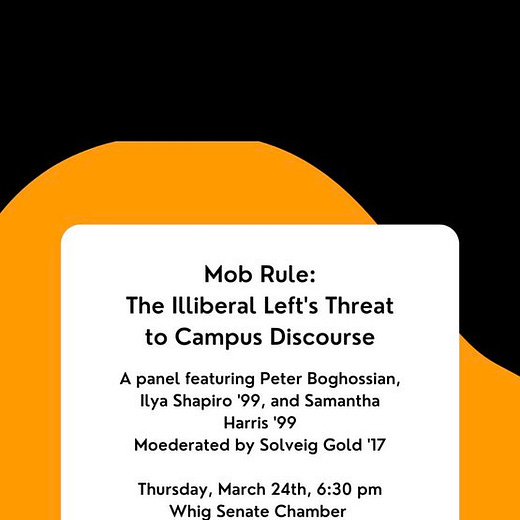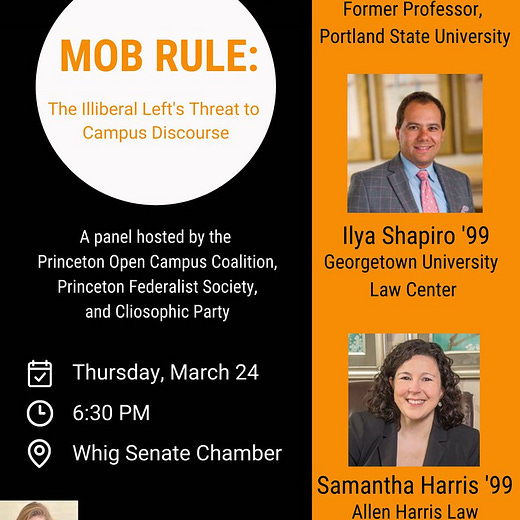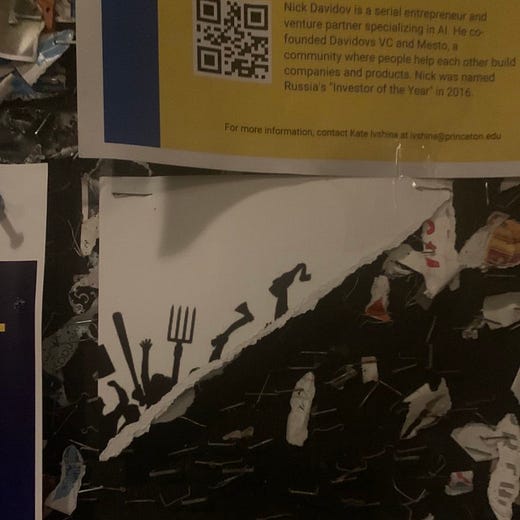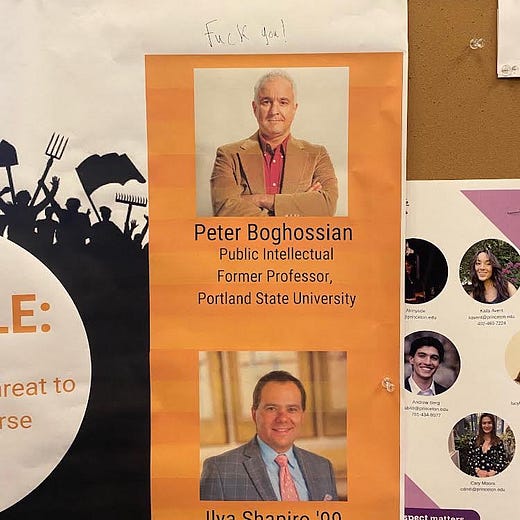E-Pluribus | March 25, 2022
Shutting down someone else's speech isn't free speech, how the corruption of language undermines progress, and a look at the case of Julian Assange and freedom of the press.
A round up of the latest and best writing and musings on the rise of illiberalism in the public discourse:
Erwin Chemerinsky and Howard Gillman: Free speech doesn’t mean hecklers get to shut down campus debate
At the Washington Post, Dean of Berkeley Law, Erwin Chemerinsky, and chancellor of the University of California at Irvine, Howard Gillman, decry two recent events at the University of California and Yale Law School where students shut down or attempted to shut down speakers with whom they disagreed. Given that Berkeley Law and University of California at Irvine are not exactly bastions of conservatism, this defense of free speech on campus and the call to hold such hecklers accountable is significant.
It is profoundly disturbing that some students assert a right to determine what messages are acceptable on a campus and try to deprive others within the community of their right to invite or listen to speakers of their choice.
If such a “heckler’s veto” is allowed, the only speech that occurs will be that which no one cares enough about to shout down. If the Hastings protesters believe that they are entitled to drown out speakers invited by the Federalist Society, then they must accept that nothing prevents Federalist Society members from drowning out speakers that they support. Before too long, no one would be able to hold any events worth attending.
College campuses should be a place where all ideas and views can be expressed. A primary goal of higher education is to empower students to critically analyze ideas across a broad spectrum of disciplines. The strengths and weaknesses of ideas are determined not by conformity to any preexisting orthodoxy, but through the process of rational argument and evidence-based reasoning. This is how better ideas gain more legitimacy and worse ideas are exposed and rebutted.
It is especially problematic when the students attempting to silence other viewpoints are lawyers in training. How are legal professionals to argue cases if they are unwilling to hear from, and learn to respond to, the opposing side of current debates?
Read it all here.
Nicolas Agostini: A Suicide Foretold: How Social Justice Rhetoric is Turning People off Human Rights
I have written at Pluribus about how misuse of language can affect the quality of discourse in the public debate and discussion of issues. Nicolas Agostini at Quillette writes about the impact of rhetoric on human rights concerns and how activists sometimes undermine support for their own causes by muddying the waters with buzzwords and imprecise or even misleading terminology.
“The clearer your message, the better chance you have to convince your audience” says a basic rule of advocacy. Yet a look at contemporary human rights paints a disturbing picture. After 75 years of efforts, human rights folks are switching to a new, vaguer rhetoric.
One of its most striking features is its reliance on buzzwords. Take, for example, the word “equity.” Like a specter in a hallway, it’s hard to describe, hard to catch, and hard to make sense of. It’s nowhere to be found in international human rights treaties, national laws, or court rulings. Its ambiguity is at odds with the glibness with which human rights folks have come to use it (try googling “vaccine equity,” “racial equity,” or “gender equity”). At a recent human rights workshop, speakers’ ad nauseam use of “equity” led a colleague of mine to ask me whether we were in fact discussing equality. Even human rights folks are lost.
Take the words “justice” and “accountability.” At first sight, they raise no issue: a large chunk of human rights work is to hold abusers to account, ensure that due process is upheld, and secure redress for victims. Yet activists have come to use these words in such an expansive fashion that common sense is unable to define them anymore. One hears about “reproductive justice,” “environmental justice,” or “accountability for women and girls in humanitarian settings.” Iteration after iteration, even human rights folks struggle to understand what “equity” means and why it’s replacing equality, or why “justice” and “accountability” are used so loosely that they can refer to any desirable social outcome. These words mean myriad things. They’ve become fetishes.
Pedagogy is built on repetition, and since advocacy is a form of pedagogy, repetition is usually good for advocacy. But the condition is to convey clear messages. If words are vague, then messages are unclear and repetition becomes counterproductive. Overusing words means spoiling them and depriving them of their value.
Read it all.
Jeffrey Brodsky: As Biden Pursues Julian Assange, a Major Test of Press Freedom Looms
The case of Julian Assange and WikiLeaks evokes strong reactions across the political and ideological spectrum. Some see a hero, others a villain or even a traitor, and still other some combination of those extremes. As the Biden administration contemplates its next move, it’s worth taking another look (this from Jeffrey Brodsky at Discourse Magazine) at the facts of the case and how it impacts freedom of speech and the press.
The Justice Department’s pursuit of Assange under President Biden is one and the same as the actions it took under President Trump. This has surprised some press freedom, civil liberties and human rights groups, which expected that Biden would be a better ally on issues of press freedom. Some 25 such groups urged in a letter to Attorney General Merrick Garland in October that he drop the charges because they “pose a grave threat to press freedom both in the U.S. and abroad,” but the Biden administration is determined to plow ahead.
[ . . . ]
Some voices argue that WikiLeaks is not a publisher and Assange is not a journalist, so he should be prosecuted. But these distinctions don’t matter, because the First Amendment protects everyone and is not limited to people the news industry employs. First Amendment scholar Eugene Volokh at the University of California, Los Angeles, has shown that “throughout American history, the dominant understanding of ‘freedom of the press’ has followed the press-as-technology model.” This is to say the First Amendment “does not protect the press-as-industry, but rather protects everyone’s use of the printing press (and its modern equivalents).”
Many other scholars also argue that the right to enjoy “freedom of the press” privileges is not confined to people working as journalists at media organizations. As Jonathan Peters at the University of Georgia explains, “the First Amendment does not belong to the press. It protects the expressive rights of all speakers…To argue that the First Amendment would protect Assange and WikiLeaks only if they are part of the press is to assume (1) that the Speech Clause would not protect them, and (2) that there is a major difference between the Speech and Press Clauses.”
Read the whole thing.
In Case You Missed It
In this week’s Kowtow Chronicles, more concerning news on the publishing industry, with removal of references to Taiwan, Hong Kong, and Tibet in deference to China.
Around Twitter
An update on a free speech controversy at MIT that we mentioned earlier this week:
Some Princeton students apparently unironically helped confirm the need for the Federal Society’s recent event on campus. Via Peter Boghossian:
Jesse Singal responds to Nikole Hannah-Jones on “cancel culture”:
Finally, a unanimous Supreme Court decides a free speech case. More on this later, but here’s the decision:





